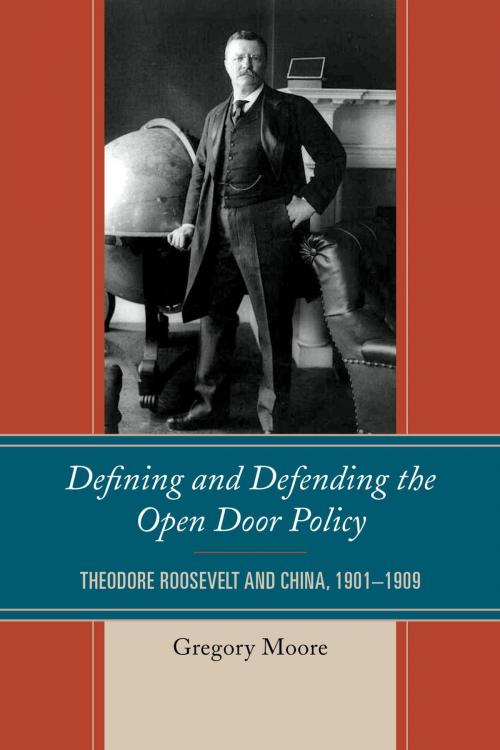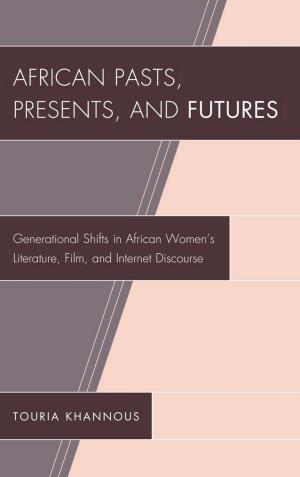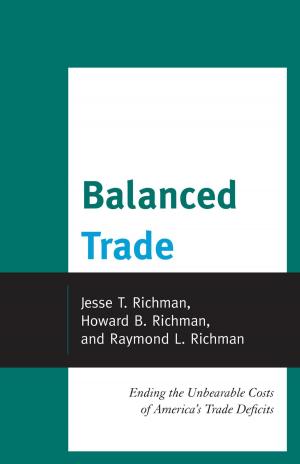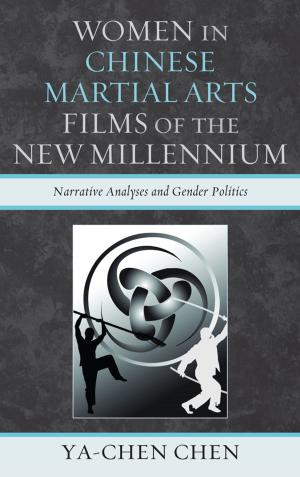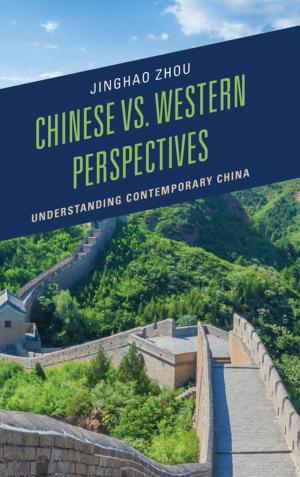Defining and Defending the Open Door Policy
Theodore Roosevelt and China, 1901–1909
Nonfiction, History, Asian, China, Americas, United States, 20th Century, Social & Cultural Studies, Political Science, Government| Author: | Gregory Moore | ISBN: | 9780739199961 |
| Publisher: | Lexington Books | Publication: | May 27, 2015 |
| Imprint: | Lexington Books | Language: | English |
| Author: | Gregory Moore |
| ISBN: | 9780739199961 |
| Publisher: | Lexington Books |
| Publication: | May 27, 2015 |
| Imprint: | Lexington Books |
| Language: | English |
There has been little examination of the China policy of the Theodore Roosevelt administration. Works dealing with the topic fall either into brief discussions in biographies of Roosevelt, general surveys of Sino-American relations, or studies of special topics, such as the Chinese exclusion issue, which encompass a portion of the Roosevelt years. Moreover, the subject has been overshadowed somewhat by studies of problems between Japan and the United States in this era. The goal of this study is to offer a more complete examination of the American relationship with China during Roosevelt’s presidency. The focus will be on the discussion of major issues and concerns in the relationship of the two nations from the time Roosevelt took office until he left, something that this book does for the first time. Greater emphasis needs to be placed on creating a more complete picture of Teddy Roosevelt and China relations, especially in regard to his and his advisers’ perceptual framework of that region and its impact upon the making of China policy. The goal of this study is to begin that process.
Special attention is paid to the question of how Roosevelt and the members of his administration viewed China, as it is believed that their viewpoints, which were prejudicial, were very instrumental in how they chose to deal with China and the question of the Open Door. The emphasis on the role of stereotyping gives the book a particularly unique point of view. Readers will be made aware of the difficulties of making foreign policy under challenging conditions, but also of how the attitudes and perceptions of policymakers can shape the direction that those policies can take. A critical argument of the book is that a stereotyped perception of China and its people inhibited American policy responses toward the Chinese state in Roosevelt’s Administration. While Roosevelt’s attitudes regarding white supremacy have been discussed elsewhere, a fuller consideration of how his views affected the making of foreign policy, particularly China policy, is needed, especially now that Sino-American relations today are of great concern.
There has been little examination of the China policy of the Theodore Roosevelt administration. Works dealing with the topic fall either into brief discussions in biographies of Roosevelt, general surveys of Sino-American relations, or studies of special topics, such as the Chinese exclusion issue, which encompass a portion of the Roosevelt years. Moreover, the subject has been overshadowed somewhat by studies of problems between Japan and the United States in this era. The goal of this study is to offer a more complete examination of the American relationship with China during Roosevelt’s presidency. The focus will be on the discussion of major issues and concerns in the relationship of the two nations from the time Roosevelt took office until he left, something that this book does for the first time. Greater emphasis needs to be placed on creating a more complete picture of Teddy Roosevelt and China relations, especially in regard to his and his advisers’ perceptual framework of that region and its impact upon the making of China policy. The goal of this study is to begin that process.
Special attention is paid to the question of how Roosevelt and the members of his administration viewed China, as it is believed that their viewpoints, which were prejudicial, were very instrumental in how they chose to deal with China and the question of the Open Door. The emphasis on the role of stereotyping gives the book a particularly unique point of view. Readers will be made aware of the difficulties of making foreign policy under challenging conditions, but also of how the attitudes and perceptions of policymakers can shape the direction that those policies can take. A critical argument of the book is that a stereotyped perception of China and its people inhibited American policy responses toward the Chinese state in Roosevelt’s Administration. While Roosevelt’s attitudes regarding white supremacy have been discussed elsewhere, a fuller consideration of how his views affected the making of foreign policy, particularly China policy, is needed, especially now that Sino-American relations today are of great concern.
